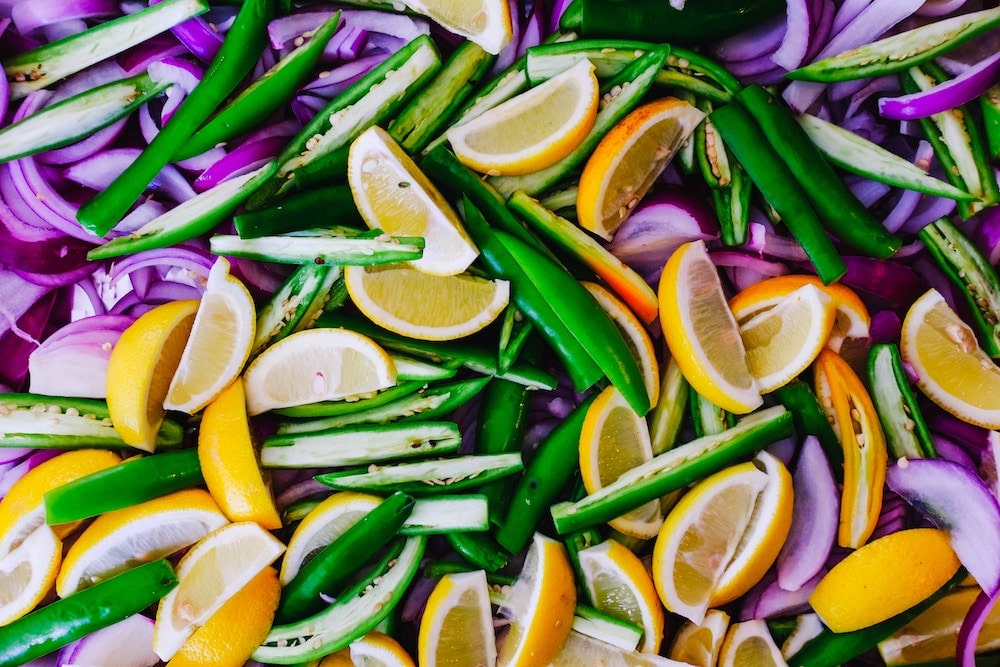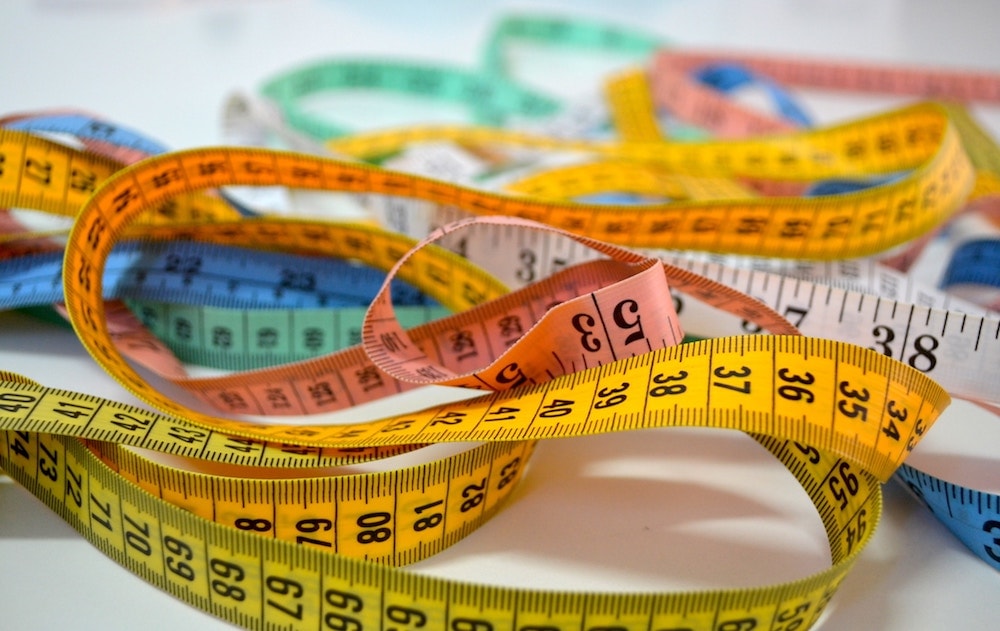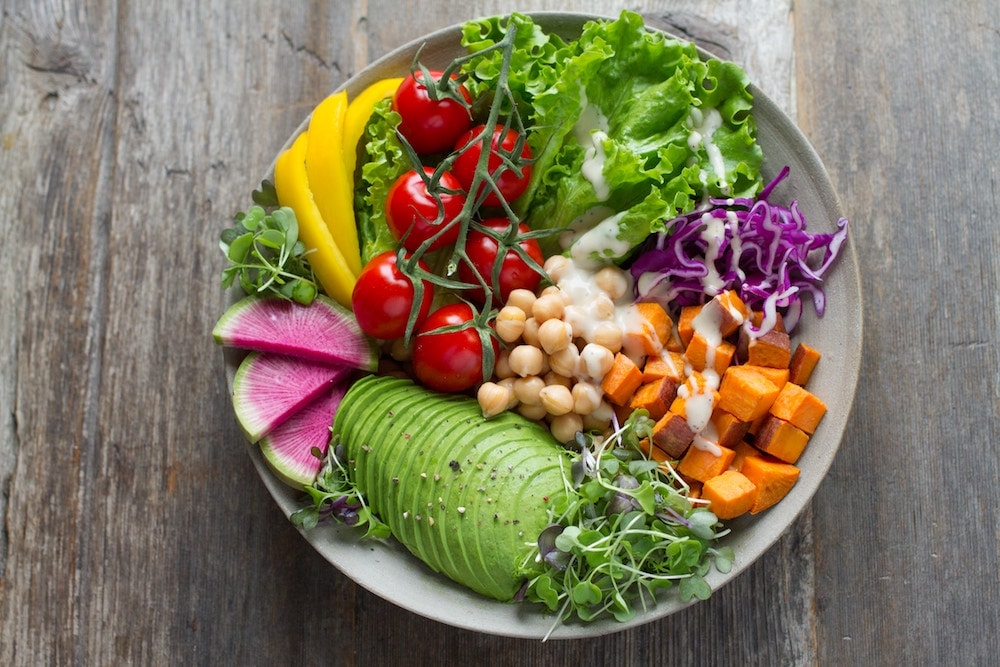New Year’s Resolutions, Weight Loss & Dieting: 2018 Blog Series

How to Stick to Your New Year’s Resolutions
Now that January is almost over, it is a good time to check in on our New Year’s Resolutions. Are you still holding on? Most people aren’t. Did you know that it’s estimated only 8% of people actually maintain their resolutions for an entire year? Why is it so difficult to develop new habits? What happens to us?
January 1 signifies the start of a new beginning, we set goals, three weeks go by, and we’re back to our regular old habits. For most people, this occurs because we were too ambitious, became discouraged, then simply give up. In 2018, let’s put an end to the cycle of resolution-ditching.
Instead of making multiple massive changes, start small. For example, if you wanted to start exercising more, make time in your schedule to go to the gym, take a walk, or go on a jog two times a week. After a month, increase that to three times a week. It’s much easier to stick to a resolution when you give yourself attainable goals.
It’s also important not to beat yourself up if you make a mistake. Changing human behavior is a lengthy process, so you can’t expect yourself to achieve perfection immediately.
The 2018 Cernero Surgery Blog Series: Weight Loss & Dieting
This year Cernero Surgery is setting out to explain, weigh the pros and cons of, and analyze a particular set of common New Year’s resolutions: weight loss and dieting.
There are many different diets out there – ketogenic, vegan, low-carb, juice cleanses, fasting – that everyone seems to tout as the number one regimen. Who can you trust? Is there truly one diet that is superior to the others?
In 2018, we’re going to set the record straight.
To begin the series, let’s discuss plant-based diets.
Everything You Need to Know About Plant-Based Diets
There are a variety of diets that center around plants: veganism, vegetarianism, pescatarianism, pollotarian, and Mediterranean. Plant-based diets are known for improving cholesterol, reducing blood sugar levels and cardiovascular risk, and helping with weight loss.
What Does It Mean to Be Vegan? What Do Vegans Eat?
Veganism is the most intense of the plant-based diets. Vegans exclude all meat, eggs, dairy products, and all animal-derived products and ingredients. Many vegans extend this lifestyle beyond their eating habits and will also avoid the use of clothing, household products, and more, that were created by testing on animals, or with animal products. For example, they would not wear a leather jacket.
From an outsider perspective, you might be wondering, what do vegans eat? It seems like there’s not much left, but that’s really not true. Vegans eat grains, beans, vegetables, and fruits, and the many combinations of those foods.
There is also an increasing number of substitute products out there, like veggie burgers, vegan cheese, and non-dairy yogurt. Many vegans enjoy tofu, but it’s definitely not a requirement to eat it if you decide to go vegan.
What Does It Mean to Be Vegetarian?
Vegetarianism is a less strict form of veganism. While vegans do not any eat meat, eggs, or dairy products, vegetarians are a bit more flexible. They try to avoid any foods that come about from the slaughter of animals. For example, some vegetarians may continue to drink cow’s milk, but abstain from eating a burger. There are also a few sub-classifications:
Lacto-ovo vegetarians: They avoid all animal meat, but continue to eat dairy and eggs.
Lacto vegetarians: They avoid animal meat and eggs, but continue to consume dairy products.
Ovo vegetarians: These vegetarians avoid all animal products except eggs.
What is Pescatarianism? What is a Pollotarian?
If someone follows a pescatarian diet, that means they follow a vegetarian diet, but they also eat fish and seafood. Many people choose this diet so they can gain the benefits of a plant-based diet in addition to heart-healthy fish.
A pollotarian is someone who eats poultry, fish, dairy products, and eggs, but abstains from eating red meat from land mammals like cows, pigs, and lamb. This diet is often used as a transition period from a typical omnivorous diet.
What is a Mediterranean Diet?
A Mediterranean diet centers around how the Greeks, Italians, and Spaniards eat. The goal is to eat plenty of vegetables, fruits, nuts, potatoes, whole grains, seafood. Then in moderation, poultry, eggs, and cheese. Then only rarely, red meat. And finally, foods to avoid completely: sugar-sweetened beverages, process meats, and refined foods.
Studies have shown that a Mediterranean diet leads to weight loss, helps prevent heart attacks, strokes, type 2 diabetes, and premature death.
Can a Vegetarian Diet Help Me Lose Weight?
There are many reasons to start a vegetarian diet. Some cite the fact that the production of vegetarian food is more environmentally friendly and more ecological sustainable. Others stop eating meat for ethical or religious reasons.
The most popular reason is the health benefits offered by a plant-based diet. In multiple studies, researchers have found that people who identify as vegan, vegetarian, or pescatarian have lower BMIs (Body Mass Index) than those who eat meat. They also have healthier levels of cholesterol, a lower risk of developing cancer, and a lower risk of cardiovascular issues.
When it comes to weight loss, that is entirely up to the person. Simply switching to a vegetarian diet does not automatically mean you are healthier. Did you know Oreos are vegan? If you only ate Oreos, you would technically be vegan, but you would obviously be extremely unhealthy and experience a variety of undesirable side effects.
However, if you focus on eating whole foods like beans, legumes, fresh vegetables, and fruits while monitoring your caloric intake, you have a much better chance of losing weight.

Interested in learning more about these various plant-based diets? Check out the links below:
The Pros and Cons of a Vegetarian Diet
Avoid These Mistakes on a Vegan or Vegetarian Diet
Benefits and Risks of Vegetarianism
Want to learn more about how a plant-based diet can work in conjunction with weight loss surgery to lead to a healthier lifestyle? Contact Cernero Surgery today.
Posted in: Weight Loss




